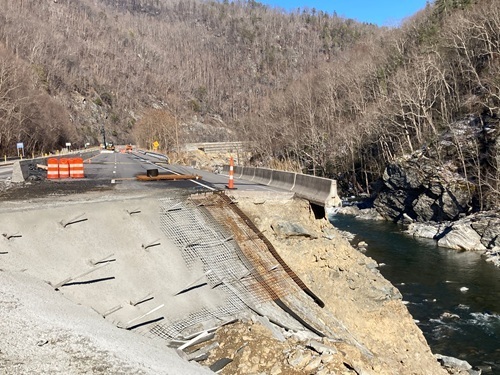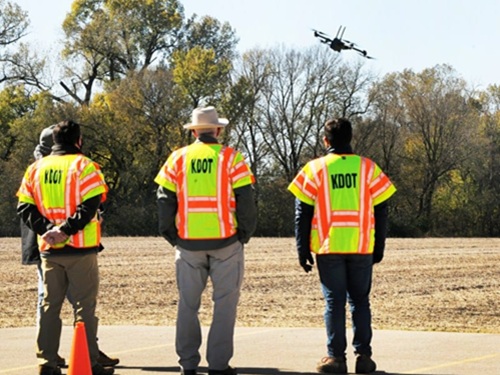Across the nation, a number of states are suddenly grappling with a tougher funding outlook for transportation infrastructure.
In Alaska, newly installed Gov. Bill Walker ordered state agencies to halt all discretionary spending on some big-ticket transportation and other infrastructure projects, as he tries to close a yawning budget gap amid a collapse in oil prices that provide so much state revenue.
And he directed the Department of Transportation and Public Facilities along with several other agencies to submit reports by Jan. 5 detailing the operating costs for those projects so far, plus the potential impact of delaying or terminating contracts.
“Our budget deficit grows deeper as oil prices go lower,” Walker said Dec. 26. “These are large projects that require significantly more state investment to complete. I’ve requested that state agencies not enter into any new contracts until we’ve had a chance to look at the various projects.”
Missouri Gov. Jay Nixon is studying a report on whether to pursue tolling for 200 miles of east-west Interstate 70, between Wentzville just outside St. Louis to Independence near Kansas City.
The report, which he’d requested from the state Department of Transportation, says a low-end rebuild of the worn highway could cost more than $2 billion while a high-end version complete with truck-only lanes could run double that amount.
Getting it done could require tolls on passenger cars as high as $30 dollars for the entire route just to pay for the low-end option, while heavy-duty trucks might pay up to $90. But MDOT warns the alternative — just maintaining the decades-old roadway without a major rebuild — would mean much of the St. Louis to Kansas City freeway would be “in a stop-and-go condition” by 2030.
And the report says every dollar invested in a fix to I-70 would yield more than $5 in economic benefits.
As earlier reported, a number of other states are also grappling with budget issues. A Kansas budget deficit reduction plan has Kansas shifting some transportation money into the state’s general fund to help close the gap. Michigan’s legislature and governor acted in December to send a big transportation revenue plan to voters in May that would center on a sales tax increase.
Others exploring new state transportation funding options include North Carolina, New Jersey, New York, Connecticut, Iowa, Wisconsin and Minnesota.
And at least two states — Tennessee and Arkansas — have trimmed their 2015 highway project lists due to lack of certainty about federal funding flows in the year ahead.
 States
States
NCDOT to Rebuild I-40 with National Forest Rocks
June 27, 2025 States
States
